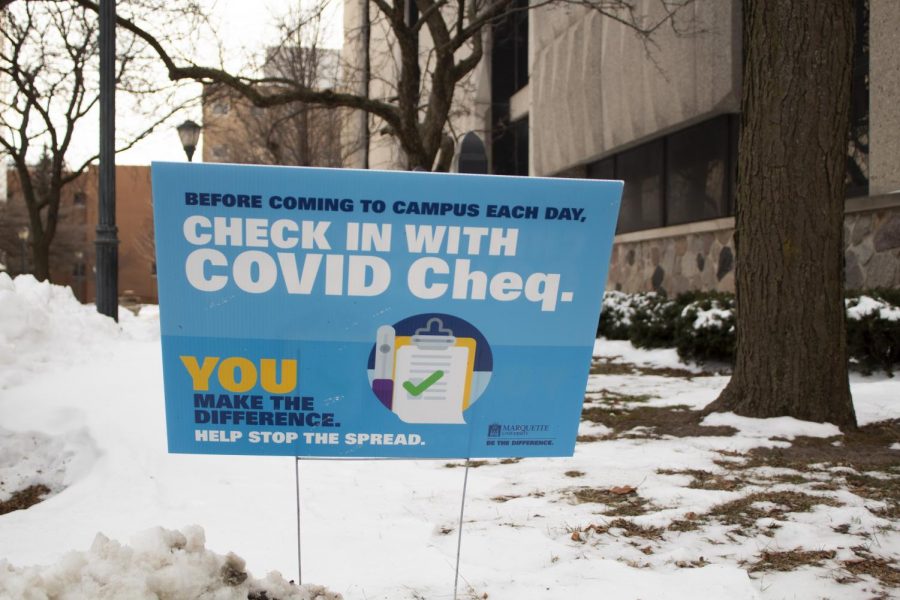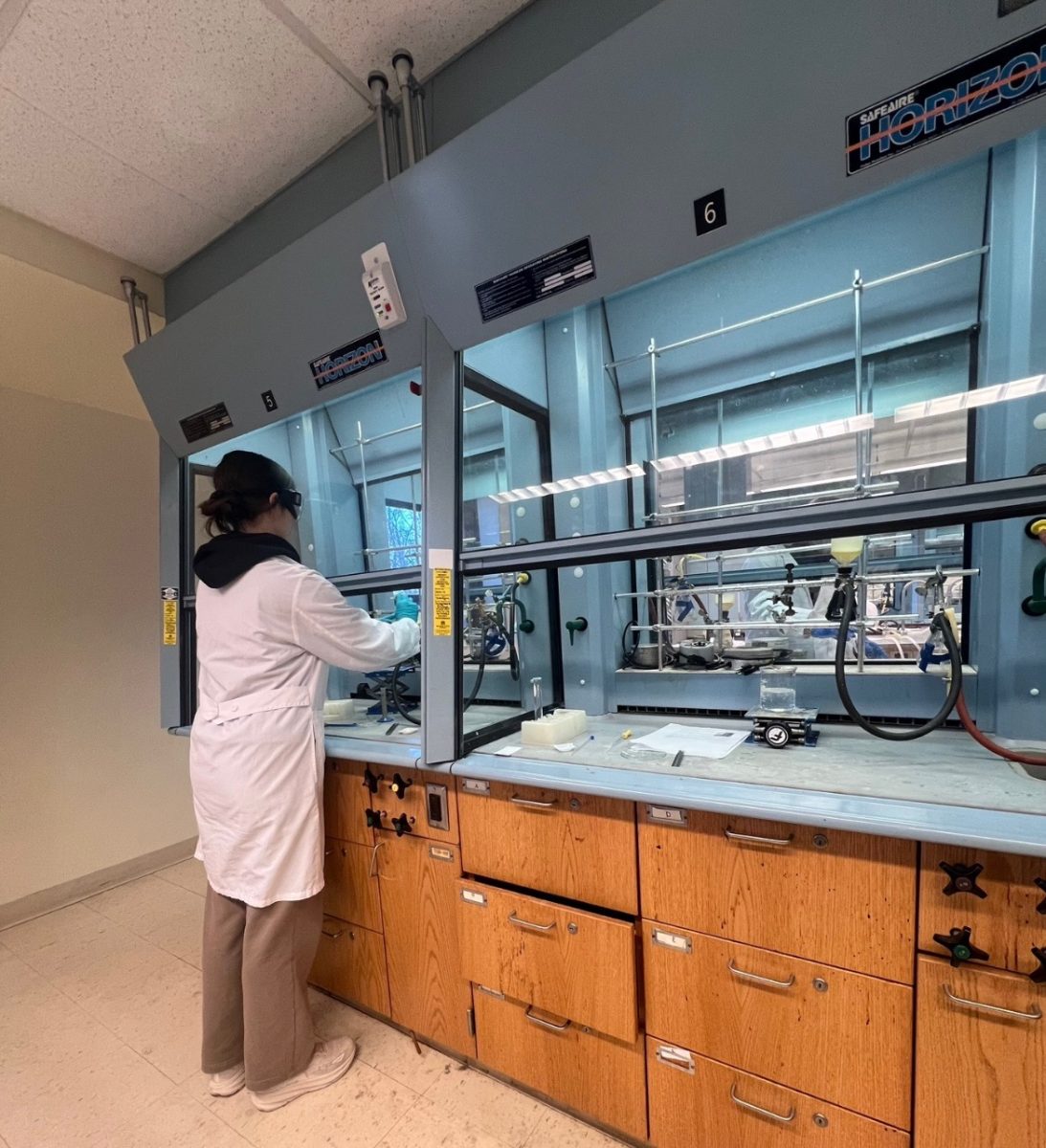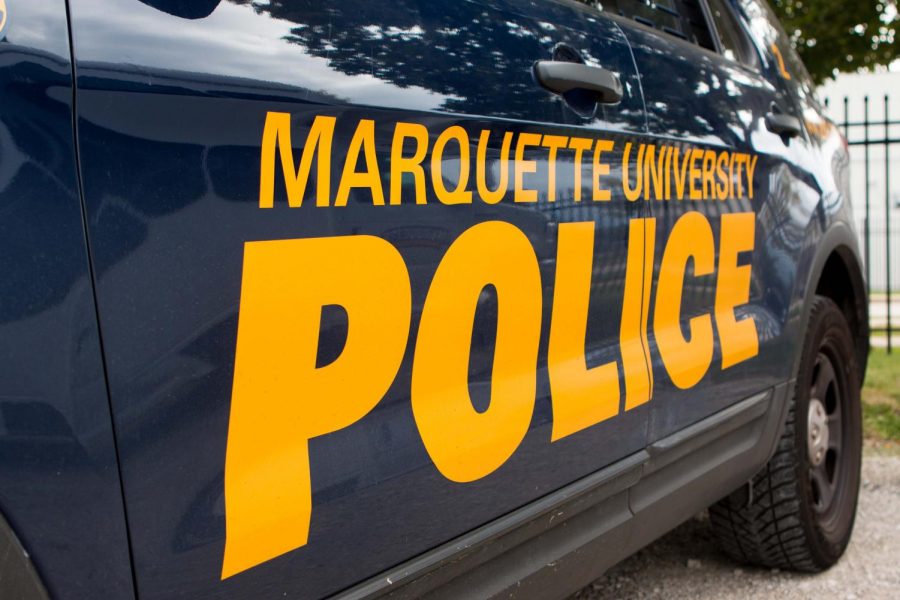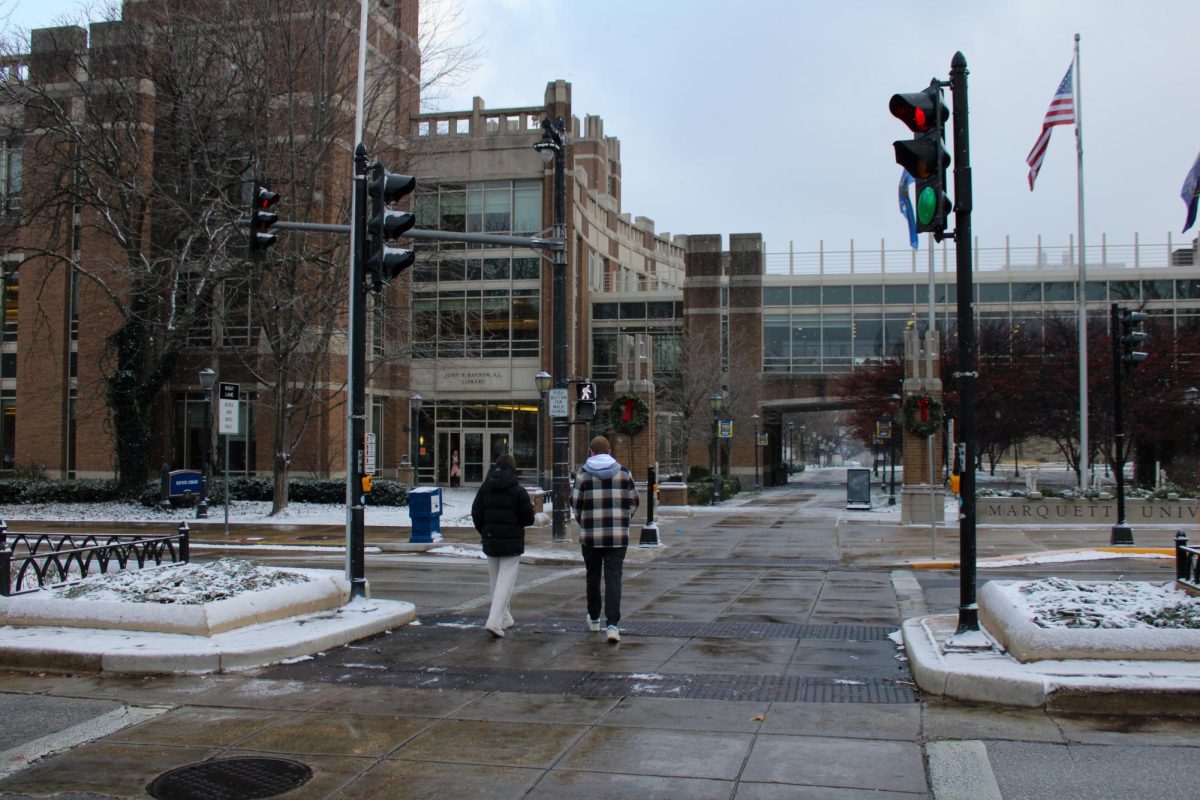COVID-19 revealed certain disparities between white communities and communities of color. According to the Center for Disease Control and Prevention, racial and ethnic minorities are disproportionately affected by COVID-19 due to discrimination, poverty and lack of access to health care.
Even before the pandemic, a group of faculty on campus worked on an interdisciplinary initiative to create public health programs at Marquette.
“There is a need to reduce inequalities in health. We all have a role to play. We must bring together faculty and students to stay engaged in the promotion of public health and equity,” Joseph Byonanebye, a clinical assistant professor of biomedical sciences, said.
There is now a public health and equity minor, a public health and equity fellowship and a master’s degree in global health equity at Marquette in partnership with the Medical College of Wisconsin.
Josh Knox, a clinical associate professor of physician assistant studies, said the initiative received the 2019-2020 Way Klinger Faculty Development Award from the provost.
Alexandre Martins, an assistant professor of theology, emphasized a “community of practice” of those involved, as well as community partners. When the pandemic hit early last year, this community of practice was able to provide resources in a record amount of time — three or four weeks, Martins said.
The minor, which launched this academic year, is open to any student of any college. It began with two students, and now there are 17 with the minor, Nilanjan Lodh, an assistant professor of clinical laboratory science, said.
Martins said that while public health might seem more focused toward students interested in the medical field, it is much more. There are political elements, social determinants and infrastructure.
Knox said any student at Marquette could choose the minor and it would be useful to them.
“We get to realize that regardless of where we come from, the issues that happen in a society, for example like COVID-19 … they cross boundaries,” Byonanebye said. “It’s not about the discipline that you belong to, but it’s about the issue.”
There are 10 students, both undergraduate and graduate, involved with the fellowship. The fellowship, which was first meant to be a summer research program, was reshaped to focus on public health and equity, as well as COVID-19. Martins said the fellowship is a learning experience, but a serving experience as well.
“It is a genuine commitment to health equity in (the community),” Martins said.
Martins said the initiative also wants to address the mistrust that marginalized communities have regarding the health care system and research.
The master’s program, done in partnership with MCW, allows Marquette students to complete an accelerated program to earn their master’s degree in five years. Applications are now being accepted, and the first students will start in the fall of 2021.
“These (jobs) are in high demand,” Lodh said. “Hopefully … with the need assessment (brought by COVID-19), people will find this a much more attractive field.”
Another important aspect of the initiative is to recruit students from diverse backgrounds so that those involved can look like the communities they might serve.
Lodh said the public health initiative is still looking for more internal and external funds to be able to continue. They continue to reach out to stakeholders across campus.
“We are continuously brainstorming with our colleagues on campus and with MCW colleagues to try to figure out different opportunities that we can get engaged with and actively recruiting those students who are interested to work, and then want to … serve the society,” Lodh said.
This story was written by Alexa Jurado. She can be reached alexa.jurado@marquette.edu









